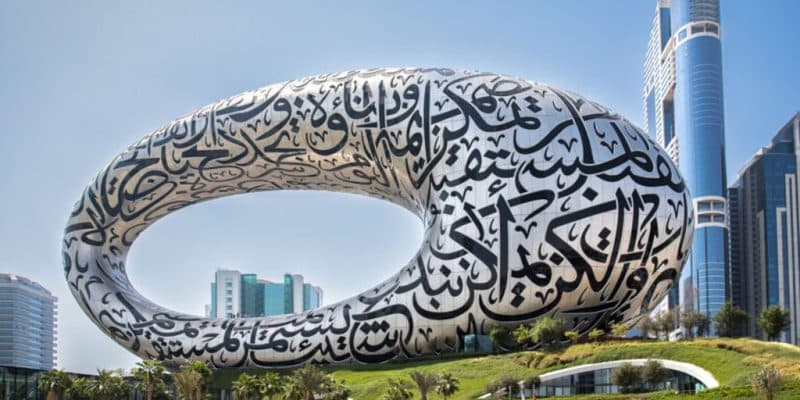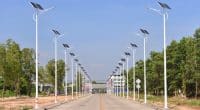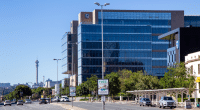From 30 November to 12 December 2023, all eyes will be on the United Arab Emirates (UAE). The host country of the 28th Conference of the Parties (COP28) on climate change also has the eleventh highest carbon footprint in the world, well ahead of Ghana (27th), for example. The reasons for this include an economy that relies heavily on fossil fuels and the delusions of grandeur of the 10 million Emiratis, who are always on the lookout for innovation, even if this means compromising the natural environment.
The eyes of the world are on the United Arab Emirates (UAE) three weeks ahead of the 28th Conference of the Parties (COP28) on climate change. The Gulf country is renowned as much for its oil wealth (7th largest exporter in the world, just behind China, editor’s note) as for its ultra-modern buildings. And it is the economic capital Dubai, famous for its gigantic shopping malls and extravagant leisure centres, that is hosting the event.
Often regarded as a “city of excess”, even with temperatures sometimes reaching 50°C in summer, Dubai is not yet an ecological model. In any case, it lags far behind in terms of green infrastructure compared to the Egyptian city of Sharm-el-Sheikh, which at the same time in 2022 was already inaugurating a solar power plant (5MWp) and electric buses on the site of COP27. Dubai, in turn, does not seem to be living up to international expectations in terms of sobriety and resource conservation.
COP28 or the fossil fuel lobbyists’ date in Dubai
The choice of this tourist city is therefore considered “scandalous” by environmentalists, starting with the Climate Action Network – International (CAN). “The constant threat from fossil fuel lobbyists at United Nations climate negotiations has always weakened the outcome, but this situation has reached another dangerous and unprecedented level with the appointment of Sultan Ahmed al-Jaber as President of COP28, even though he is the CEO of the UAE’s national oil company”, laments the Bonn, Germany-based organisation.
Dubai’s 3.5 million inhabitants are often singled out on social networks for the massive importation of their food. A supply policy they tend to justify by the lack of fields. And that’s not all. The construction of three artificial islands (Palm Islands, Palm Jumeirah and Palm Jebel Ali) designed to increase the length of Dubai’s coastline by 120 km is also the subject of debate.
A warning from Africa?
Naturophiles believe that such projects, which require sand to be dredged, threaten coral reefs and increase pressure on water resources, not to mention the waste generated by the new occupants. These controversial innovations are unlikely to have a direct influence on the final decisions at COP28, but they could nonetheless create a tense atmosphere between negotiators from different delegations with divergent ideals.
Read also-
At the same time, these criticisms of the UAE appear to be a wake-up call to countries that are reluctant to make the ecological transition. Africa, for example, contributes just 3% to greenhouse gas (GHG) emissions, but is stubbornly exploiting its mining and gas deposits at the expense of pollution. Against this backdrop, the world’s leading environmentalists will not hesitate to call into question the extractions currently taking place in Nigeria, Senegal and Uganda, should one of these African countries be chosen to host the next major climate summit.
Benoit-Ivan Wansi







